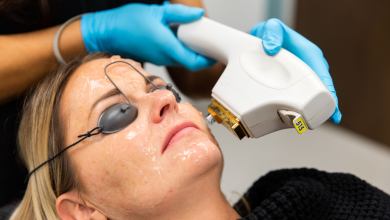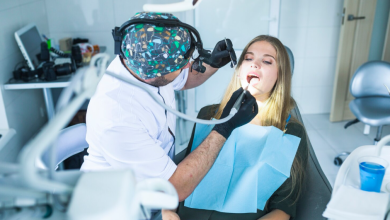
Sepsis, also known as bacteremia, is a blood infection that occurs when bacteria or other germs enter the body via the bloodstream. The infection breaks out and infects the whole body. It can be fatal if not treated promptly.
This article provides you with simple, expert-recommended advice. You’ll understand the fundamentals, know how to proceed, and do so to safeguard yourself.
How do Blood Infections Start?
Most blood infections begin as an infection elsewhere in the body, often in the lungs, skin, urinary tract, or gut. If these infections are not treated, the bacteria can enter the bloodstream.
It is usually caused by:
- Dirty wound
- An untreated urinary tract infection (UTI)
- Poor oral hygiene
- Infected IV or catheter
- Surgical or medical procedure
Warning Signs You Should Know
Early warning signs of blood infection include:
- Fever or chills
- Rapid heart rate
- Rapid breathing rate
- Excessive fatigue
- Confusion or dizziness
See a doctor immediately if you have any of these, especially following surgery or infection.
Prevention of Blood Infections
Prevention begins with care and attention. This is what you can do:
Practice Personal Hygiene
Clean and dress the cuts and wounds. Avoid touching your face with unclean hands.
Early Infection Treatment
Don’t wait until the signs of infection appear. Visit a doctor if you get a sore throat, fever, or burning when you urinate. Early antibiotic treatment can prevent the disease from progressing.
Sterilize Medical Equipment
If you have medical equipment at home, such as insulin pumps or catheters, clean them just as you are told. Never reuse disposable ones. Replace them as directed.
Stay Up to Date on Vaccines
Vaccines can guard you against diseases that lead to infections in the blood, like the flu and pneumonia. Keep your vaccinations current, particularly if you have a compromised immune system.
Get Regular Health Screening
Routine blood work, like BUN (Blood Urea Nitrogen), tells your doctor how well your kidneys are working. Kidney problems can increase your risk of infection. An elevated BUN can mean your body is having trouble getting rid of waste, which can lead to issues. It’s tracked to determine early on when there is a problem.
Don’t Skip the Checkups
Most infections are acquired before they become serious. It is recommended that routine testing be done at a reference laboratory. Medi Linx has high standards and provides precise results. They assist your doctor in detecting early infections or other health threats. Don’t wait until it is worse; prevention is always better than a cure.
Boost Your Immune System
An active immune system beats infection earlier. Here’s how to boost it:
- Eat food with fruit and vegetables.
- Drink lots of water
- Sleep 7–9 hours at night
- Exercise every day
- Don’t smoke and have less alcohol.
All these little choices will make a difference and help your body to get the power it requires.
Wrapping Up
You don’t have to be a physician to avoid blood infection. You only require good habits and good information. Listen to your body, treat the infections in time, and be clean. Go for good medical services and stick to your health checks. Your life is in your hands, literally. Wash your hands, use them appropriately, and save your life.



